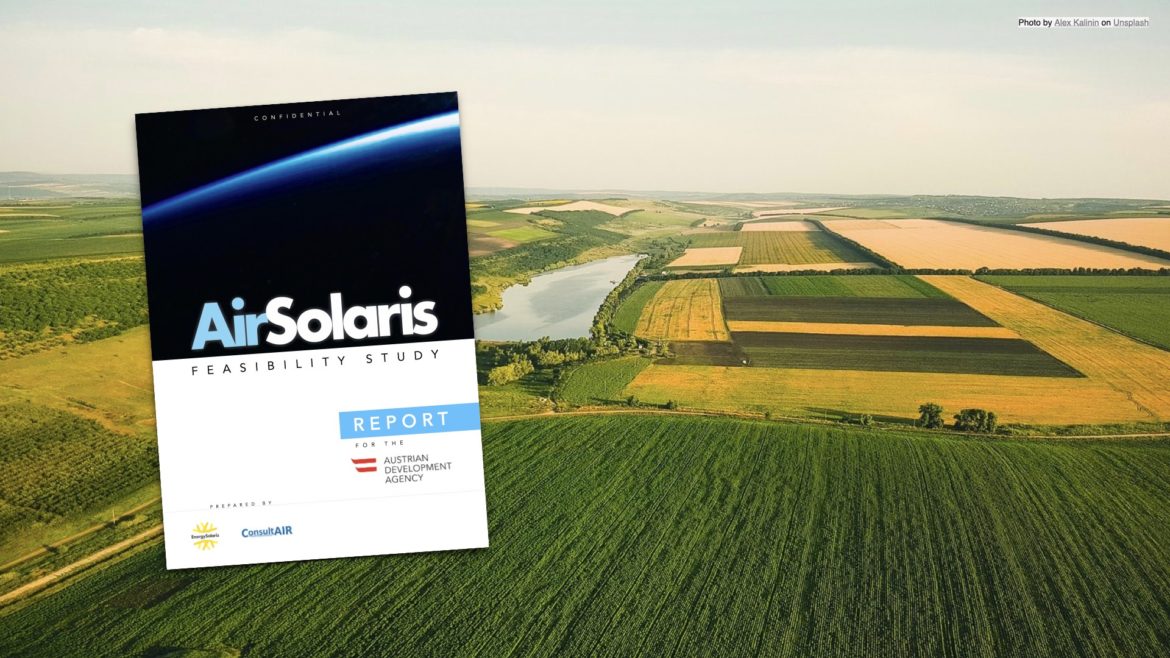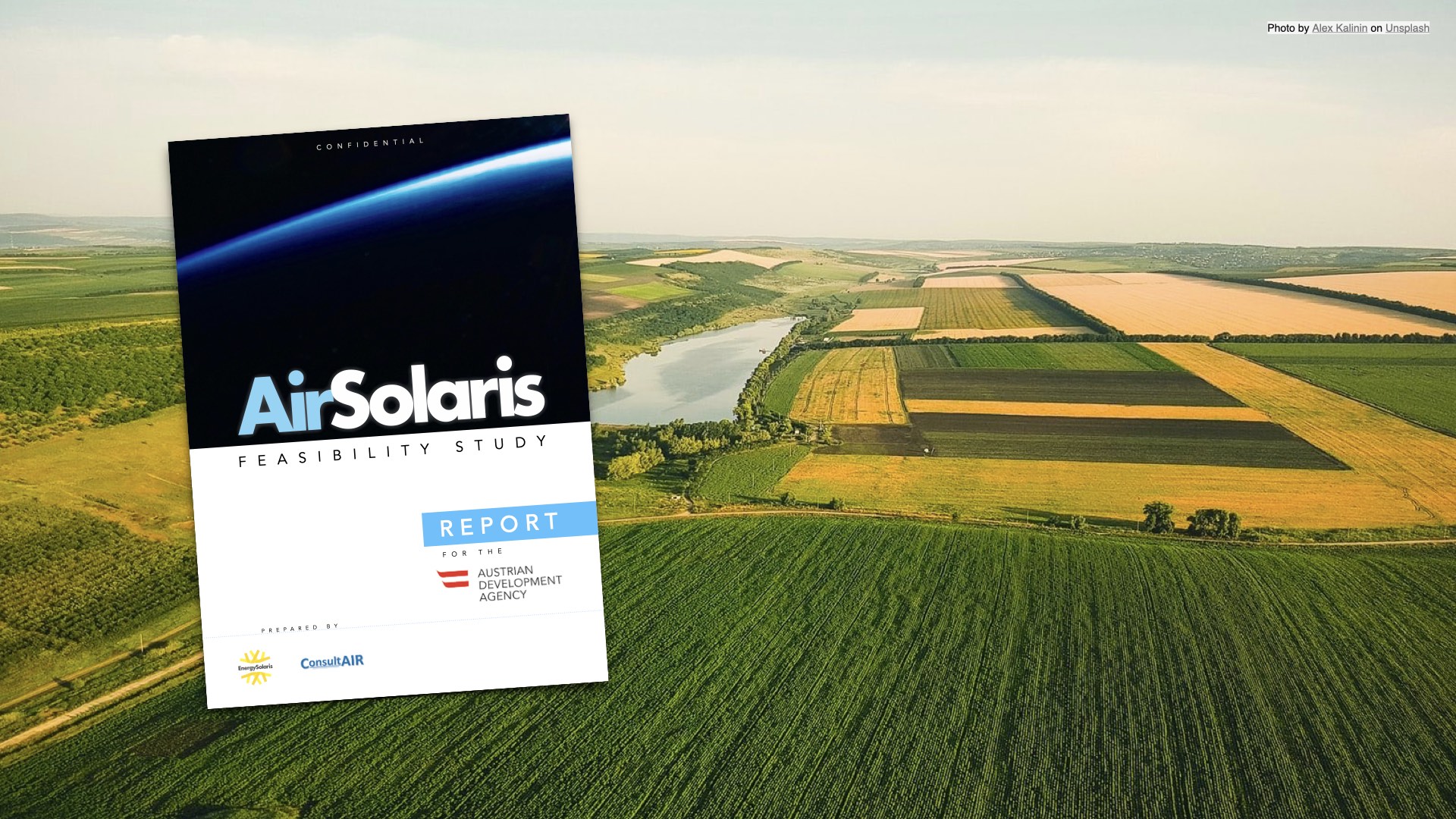
Austrian Development Agency and ConsultAIR GmbH fund 7-month AirSolaris feasibility study with outstanding results.

EnergySolaris is excited to announce the successful conclusion of an in-depth feasibility study undertaken with, and co-funded by, ConsultAIR GmbH (Austria) and the Austrian Development Agency. The study assessed and advanced the potential for a Business Partnership to develop and commercialise AirSolaris technologies for solar cooling and drying applications:
- Based on study of Technological, Market & Sales and Financing perspectives.
- Through development of a ‘Proof of Concept’ to advance the AirSolaris COOL system from Technology Readiness Level (TRL) 2 to TRL 3 (performed with the Austrian Institute of Technology in Vienna)
Solar cooling to beat global warming
The key finding of the study was that AirSolaris COOL has what it takes to be a ‘climate game-changer’.
Today’s cooling technology is one of the largest contributors to global warming due to harmful refrigerants and inefficient use of electricity. And, as temperatures and incomes rise across highly populated regions, so will demand for air conditioning.
In Solving the Global Cooling Challenge, Rocky Mountain Institute (RMI) says 5X greener cooling could prevent up to 100 GT in CO2 emissions by 2050, and up to 0.5°C degrees of global warming by 2100.
Results of the in-depth AirSolaris COOL technological feasibility study by the Austrian Institute of Technology (AIT), exceeded expectations. AirSolaris COOL is projected to use – on average – 4X less electricity (and in hot-humid climates, upto 7X less). Taking into account its use of water as natural refrigerant, this, coincidentally, amounts to 5X greener cooling according to the RMI definition.
Solar Fruit Drying: opportunity for Moldova
Whilst the primary focus of the AirSolaris feasibility study was on solar cooling for international markets, it was also determined that AirSolaris air collectors could make a significant contribution in Moldova (where EnergySolaris’ production facilities are located) to the competitiveness of its agricultural exports. Value-added agriculture accounts for just 3% of Moldovan exports, compared with 45% for raw/unprocessed agricultural products. Solar fruit drying makes double sense by both reducing the energy cost of processing and increasing the ‘eco-health’ brand value of the products.

Leave A Reply
You must be logged in to post a comment.